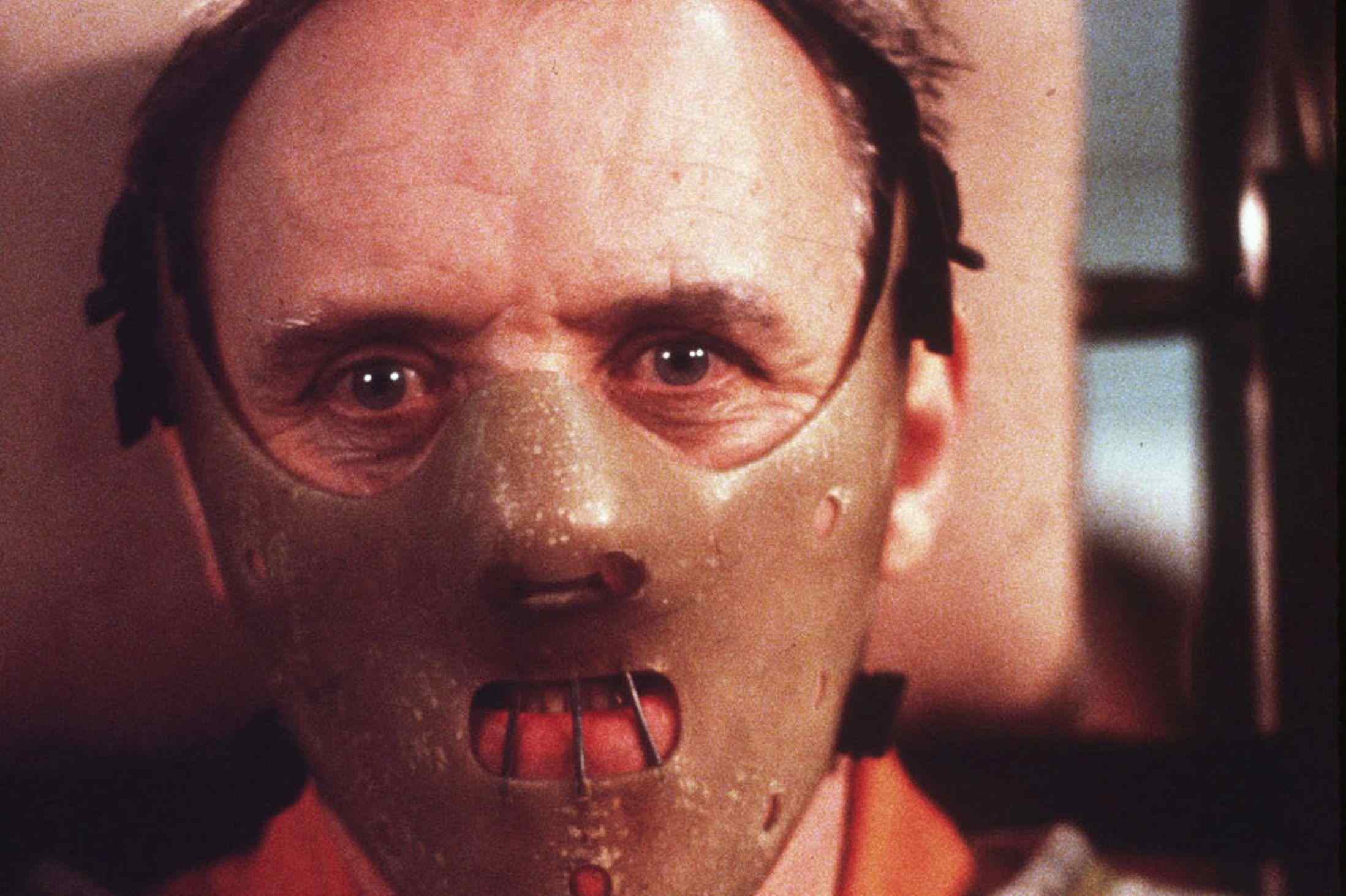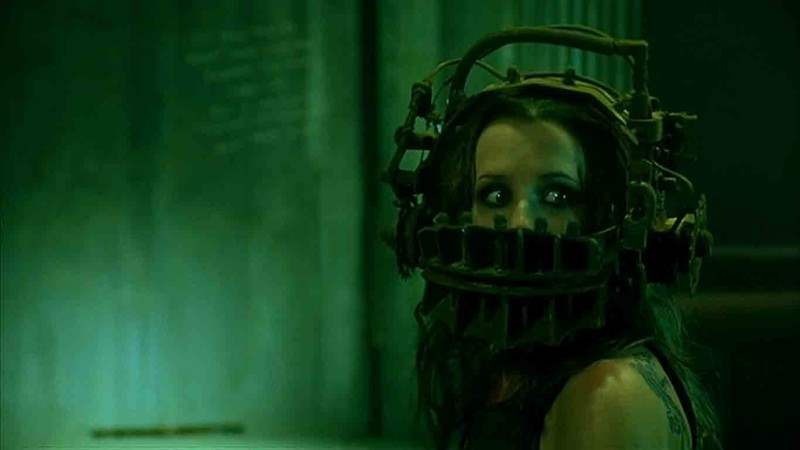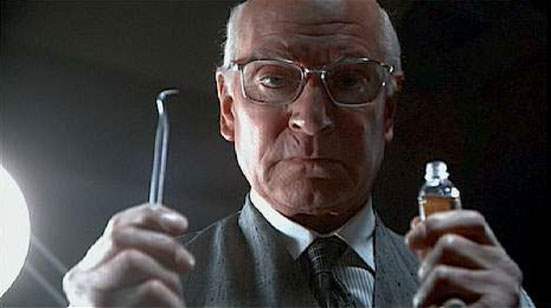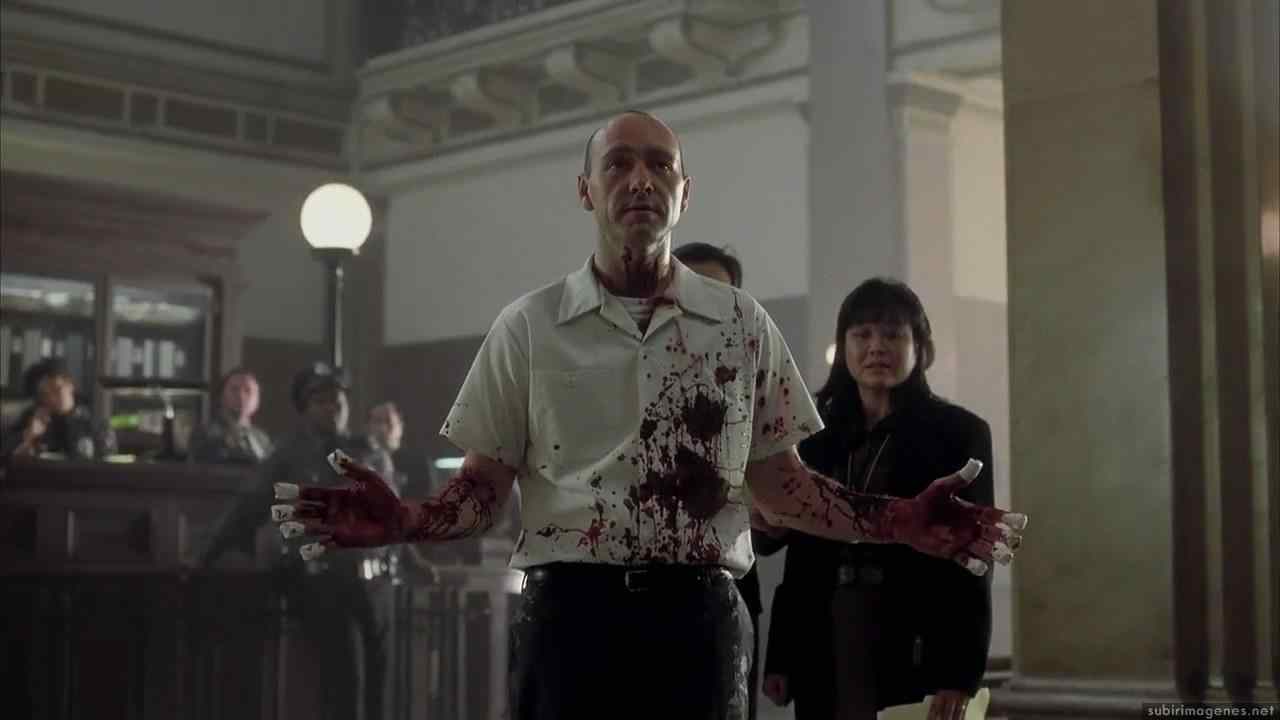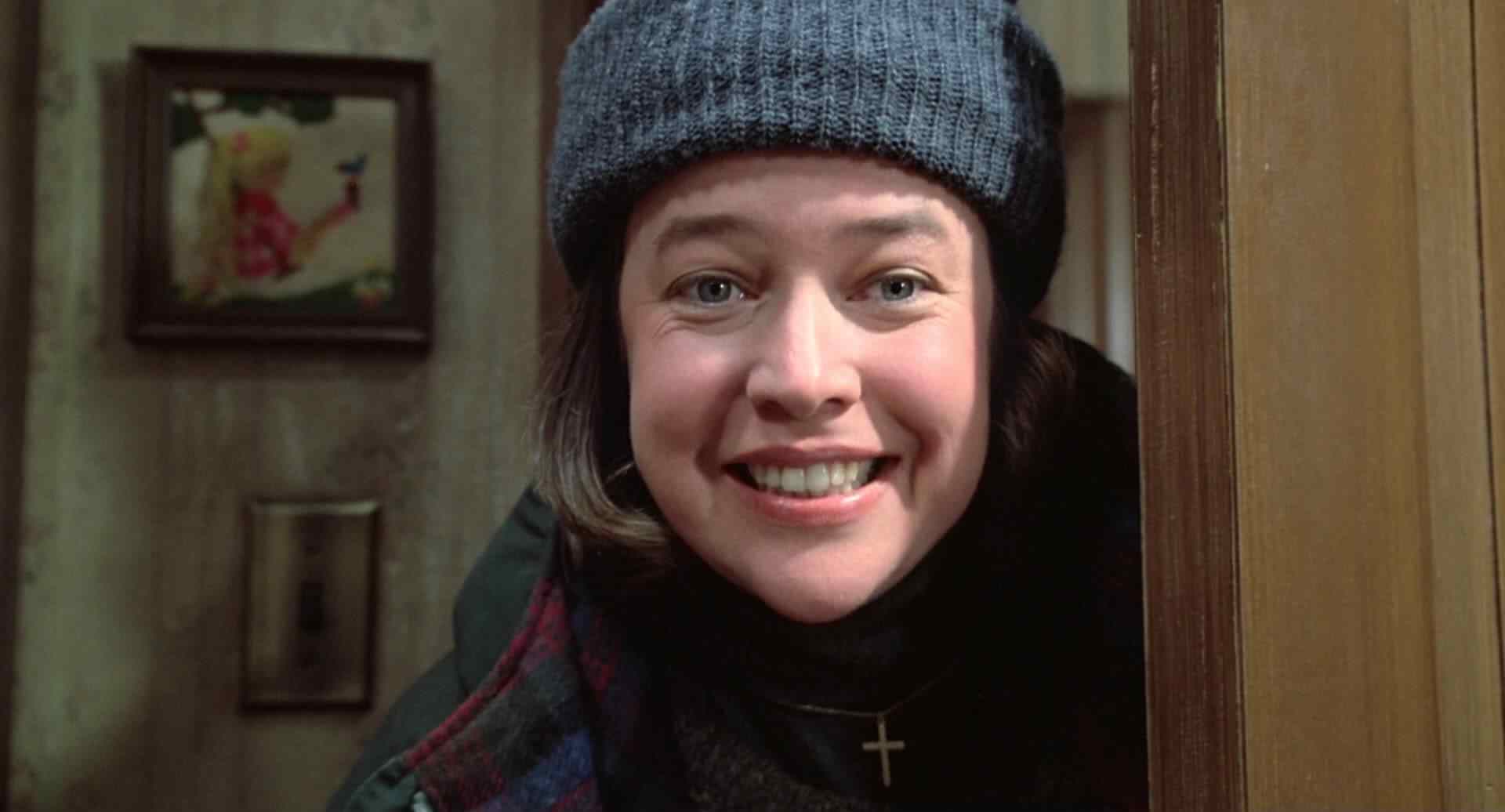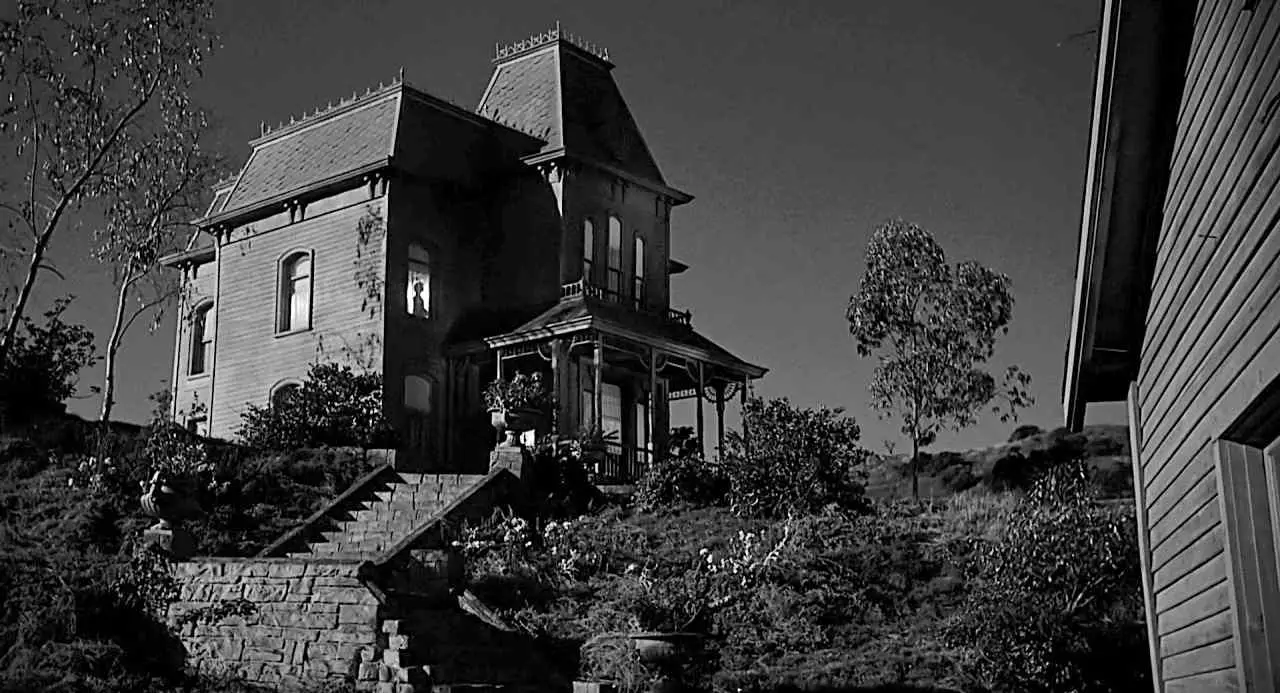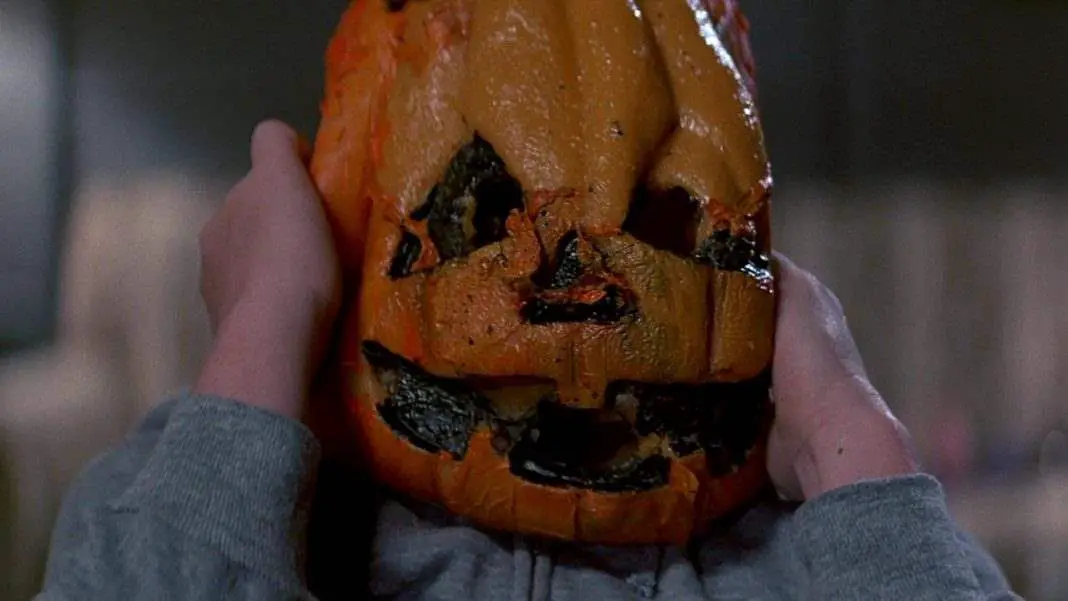We can all immediately draw to mind horror movies we cherish that we’ve had to defend as horror. Everyone, especially those outside the genre, seems more than ready and eager to explain to horror fans that they don’t really consider some of those classics to be a part of the genre: they’re psychological thrillers, they say, and are therefore totally different. To be fair, plenty of genre fans do this too.
With everything you start to hear along those lines, as often as you hear it, you begin to form a defense. You start to develop reasons for why every horror movie is a horror movie and not a thriller, even those that haven’t been brought up in conversation yet, simply because you know it’s coming. I’ve had people tell me that Friday the 13th and The Texas Chainsaw Massacre are both thrillers, not horror features. You’ll hear the same arguments over and over. They’ll always say something like, “Well, when I think of horror I think of (insert slasher villain)” or “I’m only really talking about haunted house fare like Paranormal Activity or The Conjuring, that’s what I mean by horror.” Whatever their argument, it automatically rules out just about every sub-genre outside the one they are speaking to and throws it into fantasy or thriller territory by default.
Obviously, those people are wrong, but their specific opinions don’t seem that widespread—although their overall mentality is—when compared to the movies we’ll be looking at, which are the “thrillers” we hear about almost every day.
Saw
It’s not even fifteen years old, but it didn’t take long for people to see Saw as a thriller. In fact, I think it happened just about the same time that it became a franchise. Once those sequels started rolling out and the series was labeled as the start of torture cinema, that was when people began to say, “Well, the sequels are torture cinema but the original was much more of a thriller.”
Marathon ManBy and large, Marathon Man has probably earned its reputation as a thriller and is not widely considered as a horror movie, but it is most well remembered for one of the most disturbing scenes in cinematic history in which Sir Laurence Olivier plays a former SS Soldier, interrogating Dustin Hoffman with some deeply disturbing dentistry. Even as a whole, it’s a film about pain and just how much pain a single person can tolerate before they crack, which is inherently horrific.
Single White Female embodies a type of horror that’s been labeled as psychological thriller, a type with a strong focus on obsessive women. Basic Instinct and Fatal Attraction are the two most obvious and the most well received of this type, but Single White Female is almost inherently more complex and more interesting to me because it is about a woman obsessing over another woman and trying to take over her life.
Despite clearly being somewhere between an American giallo and an expensive slasher, Brian De Palma’s Dressed to Kill is consistently labeled as a thriller, which undercuts what a truly fantastic horror movie it actually is. It’s gorgeously shot and superbly edited, and almost makes the viewer uneasy just by how beautiful the whole film is.
Mute Witness is simply an exercise in pure psychological horror. Yet it’s almost always labeled as a thriller and almost never brought up in conversation as a horror movie. Really, though, how thrilling is it compared to how unsettling and legitimately scary it is? The concept alone is so disturbing, which is probably why it gets re-used over and over again. Still, Mute Witness did it the best, as well as the scariest.
David Fincher’s unforgettable movie about the seven deadly sins is one of the cornerstones of psychological horror and yet you almost always hear it discussed as a thriller. This is a relentless, brutal piece of cinema. It’s heavy hitting, emotionally exhausting, completely dark and completely horrific. Kevin Spacey delivers one of the best performances in the genre in this, whether people want to accept it as horror or not.
Despite being based on a popular book by Stephen King and despite Kathy Bates delivering one of the scariest performances of all time, Misery isn’t widely recognized as a horror film. Yet it’s so chilling, from the premise down to the script, acting, direction and editing. This is psychological horror at its most basic description. It’s a power play between two people that only one of them can survive. As quiet and toned-down as the bulk of the feature is, it only serves to make the violence that much more unexpected and frightening.
Psycho really seemed to earn its reputation as a thriller in later years. It certainly played like a horror movie in theaters, which was something that Alfred Hitchcock embraced. As it gained more and more critical acclaim though, it was less considered to be a part of the horror pantheon and became known as one of the great Hollywood thrillers. Which is a shame, considering how influential Psycho was to the horror genre and how much it changed things on that level. It remains one of the most important horror films ever made, even now.
If it were made for any less money and if we saw the shark any more than we do, everyone would consider Jaws a horror film. It really is, from beginning to end. It has a sense of adventure to it as well, but so does Poltergeist. It doesn’t change the fact that this is a monster movie. It is most known for how much it horrified audiences at the time. It’s always referred to as the feature that made people afraid to go into the water and yet it is still not widely regarded as horror.
You will not find a horror film more commonly referred to as a thriller than this, nor will you find one more absurd. Everything about The Silence of the Lambs is horror except for it’s A-list director and cast. Once it swept the Academy Awards though, it basically sealed its fate for never seriously being considered as a seminal piece of work in the horror genre ever again.
